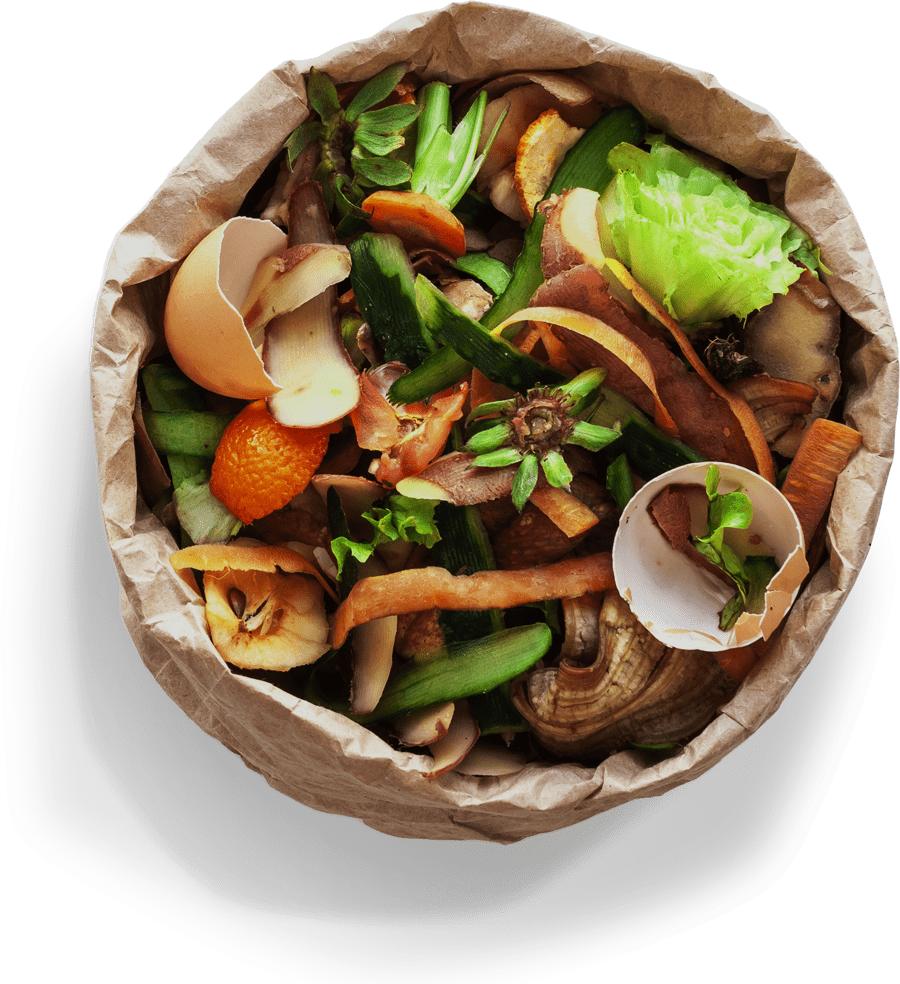Anaerobic Digestion (AD) is a proven, well-tried and tested technology that converts organic matter to biogas in the absence of oxygen. Feedstocks for AD include sewage, animal manures, agricultural crops, animal by-products, organic wastes from industry (mainly from food processing) and the organic fraction of household waste. Within agriculture, AD is currently carried out on-farm, or in larger centralised AD plants. This research is concerned with on-farm AD. On-farm AD has potential to produce biogas as a renewable fuel and to assist in managing the plant nutrients in slurry. At present information on the performance and economics of on-farm AD in Northern Ireland are unknown. In order to provide this required information, the Agri-Food and Biosciences Institute at Hillsborough is installing an on-farm anaerobic digester. Data gathered from this research project will provide much needed information for the industry.
Released to the atmosphere during normal storage and utilisation of farm slurries. Methane is 23 times more potent as a greenhouse gas than carbon dioxide (CO2). Anaerobic digestion (AD) collects methane and provides a source of renewable energy that is carbon neutral i.e. provides energy with no net increase in atmospheric CO2.
Compared to undigested slurry, the nitrogen in digestate is more readily available as a plant nutrient.
Anaerobic Digestion can lower the odour from farm slurries by up to 80%.
AD can lower the biological oxygen demand, (BOD – a measure of the polluting strength of a material) in the feedstock to less than 40% of that in the digestate. However, BOD of digestate is still extremely high relative to the discharge standards for wastewaters.
Anaerobic Digestion lowers pathogens in the feedstock, such as salmonella.
AD kills many weed seeds and hence there is less need for herbicides.
Management of plant nutrients is aided by mechanical separation of the digestate. Plant nutrients in the fibre fraction can be exported off farm as a soil conditioner, or further processed into granular organic fertiliser or combustible fuel.
Compared to raw slurry, digestate flows easier and requires less mixing before spreading.
Cattle can reject grass spread with untreated slurry; they do not readily reject grass spread with digestate.
